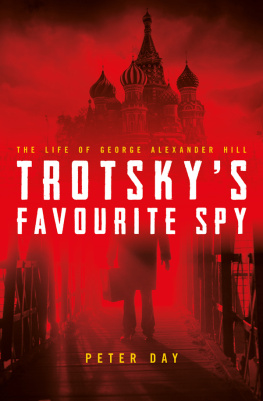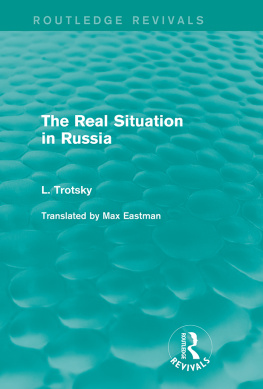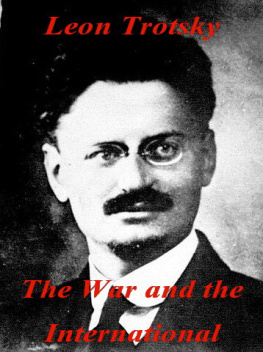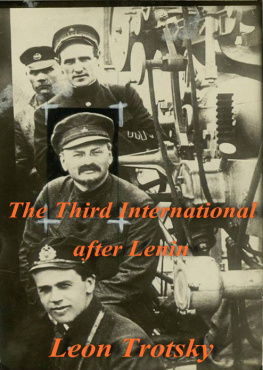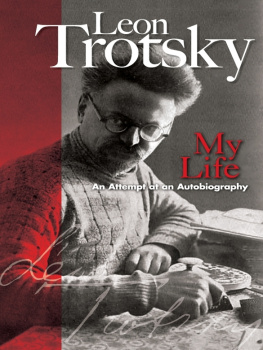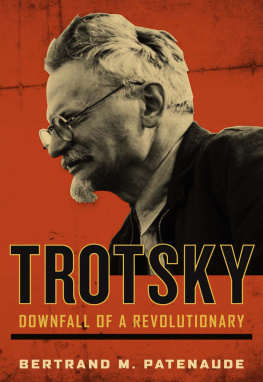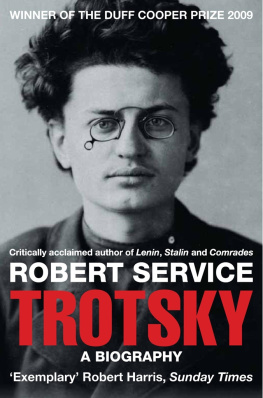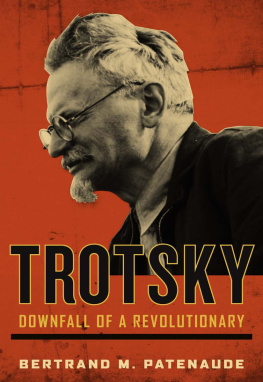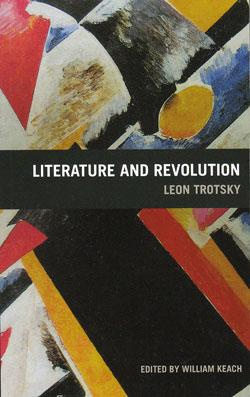

First published in Great Britain in 2017 by
Biteback Publishing Ltd
Westminster Tower
3 Albert Embankment
London SE1 7SP
Copyright Peter Day 2017
Peter Day has asserted his right under the Copyright, Designs and Patents Act 1988 to be identified as the author of this work.
All rights reserved. No part of this publication may be reproduced, stored in a retrieval system or transmitted, in any form or by any means, without the publishers prior permission in writing.
This book is sold subject to the condition that it shall not, by way of trade or otherwise, be lent, resold, hired out or otherwise circulated without the publishers prior consent in any form of binding or cover other than that in which it is published and without a similar condition, including this condition, being imposed on the subsequent purchaser.
Every reasonable effort has been made to trace copyright holders of material reproduced in this book, but if any have been inadvertently overlooked the publishers would be glad to hear from them.
ISBN 978-1-78590-320-5
10 9 8 7 6 5 4 3 2 1
A CIP catalogue record for this book is available from the British Library.
CONTENTS

Russia, 1917
ACKNOWLEDGEMENTS
I t was my great good fortune to meet George Hills only surviving daughter, Una Kroll, in her ninety-first year, and spend two days interviewing her. She led a quite extraordinary life, which she had recently described in her autobiography, Bread Not Stones, and was a bright and enthusiastic supporter of my attempts to get to grips with the equally fascinating and complex tale of her father, whom she hardly knew as a child but came to love in later life. Sadly, she died before this book could be completed, but her daughter, also Una, maintained our contact and collaboration. George Hills grandchildren from his first marriage, Jeremy and Tim Gane and Judy Maddock, have been equally generous with their time and mementoes. I am grateful for the loan of photographs and documents. Michelle Shearing in South Africa granted access to her extensive family tree and the personal correspondence George Hill maintained with her parents fifty years ago.
The National Archives at Kew, and its ever-helpful staff, were essential to provide the core of the book. George Hills voluminous official reports, the reception they received and the background to momentous events spanning most of the twentieth century were a powerful corrective to Georges more fanciful accounts written for public consumption in the 1930s. The London Library remains my favourite haven of peaceful research. Lucy Bullett of the Russian Language Centre at Pushkin House in Bloomsbury made a valuable contribution in translation.
Thanks are also due to the Imperial War Museum, for access to documents and photographs; the Bodleian Library, Oxford; Steffen Schtze of the Bad Neuenahr-Ahrweiler Stadtarchiv; Library and Archives Canada; Rob Watts of Chatham House School; Peter Aitkenhead at the Library and Museum of Freemasonry; and Ruth Nicol of St Margarets History Society in Kent.
I am indebted to many people at Biteback Publishing, not least Michael Smith, Olivia Beattie, Victoria Godden and Namkwan Cho for their help and support.
My brother, Bob Day, did sterling work producing the maps, which helped me and I hope will similarly assist readers to get their bearings. A glossary towards the end of the book is also intended to keep track of the myriad people, places and organisations that populate the pages to come.
PREFACE:
THE WHITE RABBIT
U na Kroll was eleven when she was introduced to her father. She liked him. Garrulous, possibly a little drunk, he seemed to have a way with children. When they stopped for lunch on the way from Brighton to London, he took her outside to play with the innkeepers angora rabbit. In that pub garden this stranger uttered words that sent a chill through her heart. He was not coming home. There was another woman. Another wife. Scarcely comprehending, she buried her face in the white rabbits fur and refused to cry. The lonely little girl already knew how to hide her tears and she had invented a childish fantasy about her absent father to fend off unsympathetic classmates. He was an aviator and explorer who had gone missing in the desert, she told them.
This was less extraordinary than the truth. Only years later did she discover that George Hill was a British spy who befriended Trotsky at the time of the Russian Revolution. He smuggled the Romanian crown jewels out of the Soviet Union and was involved in attempts to rescue the Tsars family. In the Second World War, he was the link between Churchills Special Operations Executive (SOE) and Stalins secret service, the NKVD.
When Una Kroll met him for the second time, he was on leave from Moscow. She was eighteen and about to go to Girton College, Cambridge to study medicine. It was an incredible achievement for a girl brought up in poverty by a single mother, a well-born Englishwoman living in the Russian community in Hampstead: an exile in her own land. Unas mother, Evelyn Pediani, had been one of his agents and many lovers. She was already pregnant when he married her in order to spare Una the stigma of illegitimacy but he took no part in the childs upbringing. He could be kind and compassionate, he liked children (in small doses) and never lost his heartfelt concern for humanity. It was just that he couldnt resist the lure of adventure.
He was proud of his daughters academic achievement, even though he had not seen her during those formative teenage years or paid her school fees at Malvern Girls College. At Evelyns request, he took Una for a wartime birthday treat: dinner at Claridges in London, where the staff clearly knew him and where lobster could be had, even in 1943 at the height of rationing. And George had a little surprise for Una. He produced another rabbit out of the hat. Or, rather, another wife whom he had married and divorced before Evelyn. It seems not to have occurred to him that this might come as a thunderbolt to his daughter. Still later, she discovered she had two half-sisters.
Aged ninety, looking back more than seventy years, she recalled:
I came back absolutely furious from that lunch and I have never eaten lobster since. He gave me the most wonderful meal you can imagine and sent me home in a taxi, and in the taxi I was furious because what he had spent on the meal would have kept my mother and me for a couple of weeks. It was a ridiculous situation; my attitude came from loyalty to my mother, because she had had an extremely hard time bringing me up and I adored her. I was very religious at that time, so having discovered that my father had been married before my mother was terrible news for me, as a Catholic, because it meant that my mothers marriage was invalid.
At eleven she had hated him for destroying her childhood illusions. At eighteen she was furious at his cavalier indifference. But as she grew older, and led a life every bit as extraordinary as her fathers, she came to love and admire him for his patriotism and his bravery. Her parents worked undercover, running a network of agents who reported back to Britain on the reality of life amid the confusion and terror of the Bolshevik revolution of 1917. George Hill later said that good spies never got caught but the best spies were never even suspected. He and his future wife, Evelyn Pediani, knew that if they were caught by the Russian secret police, the Cheka, they would be executed. George had been seriously wounded while on a spying mission in no mans land on the Somme. According to his daughter he was not the handsome, dashing hero of romantic fiction, although pictures of him as a young man suggest she was perhaps a trifle unkind.
Next page
